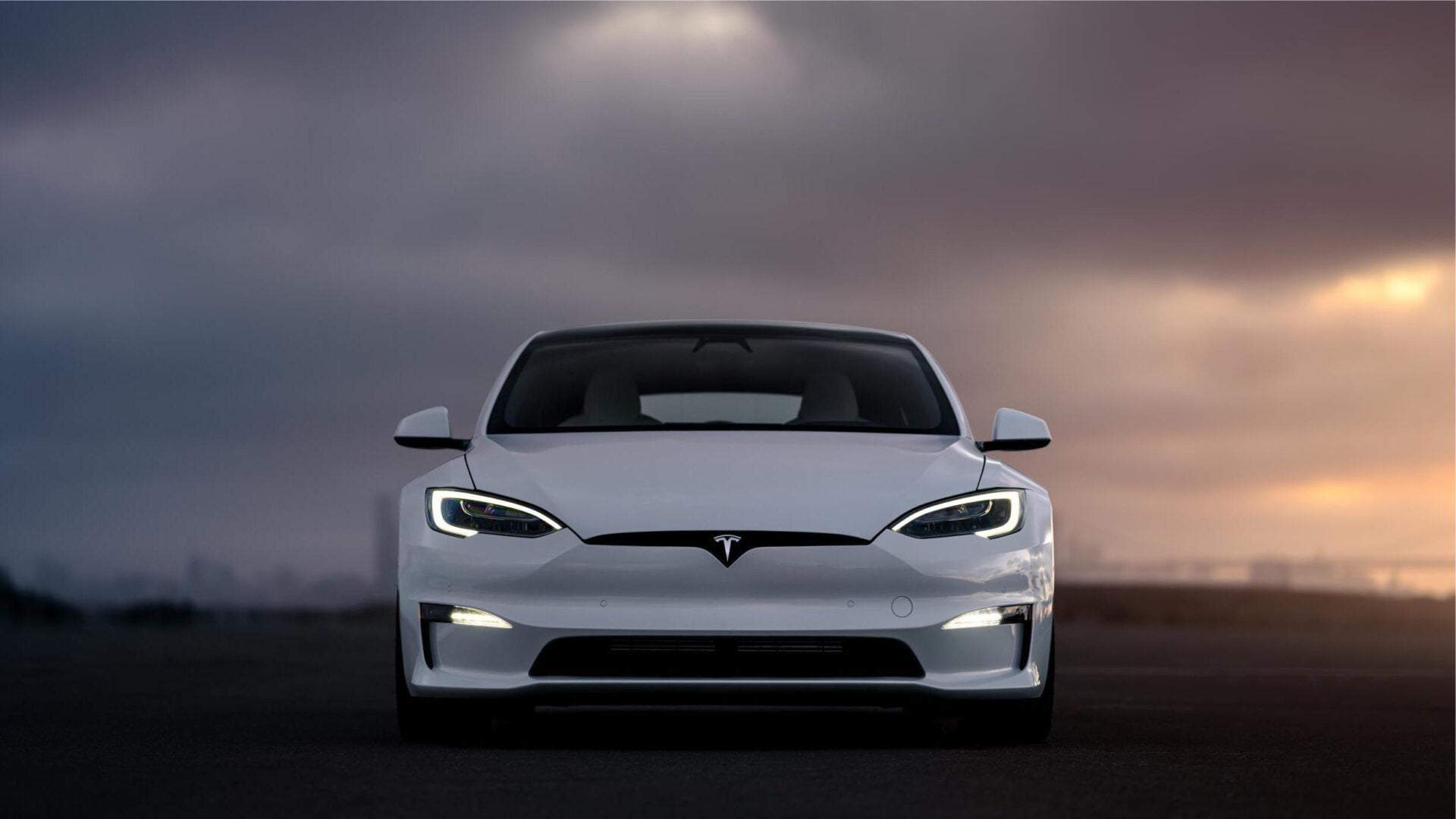
Tesla Grows During Chip Shortage, While GM and Others Struggle

Supply chain issues and key electronic component shortages have prevented many automakers from growing in Q3, though Tesla wasn’t among them.
Tesla has managed to continue growing despite an ongoing semiconductor chip shortage, unlike traditional automakers, according to Barron’s.
While General Motors (GM) and other automakers saw steep drops, many of them were due to the ongoing semiconductor chip shortage, which has slowed vehicle manufacturers around the world down to a lull.
GM delivered 446,997 units in the U.S. during Q3, down nearly 33 percent by about 218,195 units. Alternatively, Tesla delivered an impressive 241,300 units in Q3, outperforming investor expectations and growing about 73 percent since Q3 2020 – and up from its previously record-breaking 201,250 units in Q2.
GM Pausing Production at Most Factories For 1-2 Weeks https://t.co/pbDhSQxweA
— TeslaNorth.com (@RealTeslaNorth) September 3, 2021
On the dip, GM North America President Steve Carlisle said, “The semiconductor supply disruptions that impacted our third-quarter wholesale and customer deliveries are improving.”
ARK Invest CEO Cathie Wood, a Tesla bull, dismissed GM’s reasonings for its production decline.
“Today, $TSLA announced that in the third quarter it sold 241,300 vehicles globally, up 73% year over year (YoY) and 20% quarter over quarter (QOQ). Meanwhile, $GM blamed the ~33% YoY decline in its US sales on chip shortages. What? #EVs require 3-5x more chips per car produced!”, said Wood on Saturday.
In May, Tesla announced plans to pre-pay for semiconductor chips to ensure a supply, and the company even discussed acquiring a semiconductor plant to help with the global shortage. Still, the company has also been a victim of the shortage at times.
In August, Tesla ceased production for a few days in China due to a lack of key semiconductor chips, though the company’s Gigafactory Shanghai had reached a Model Y output of 1,000 per day around the same time.

